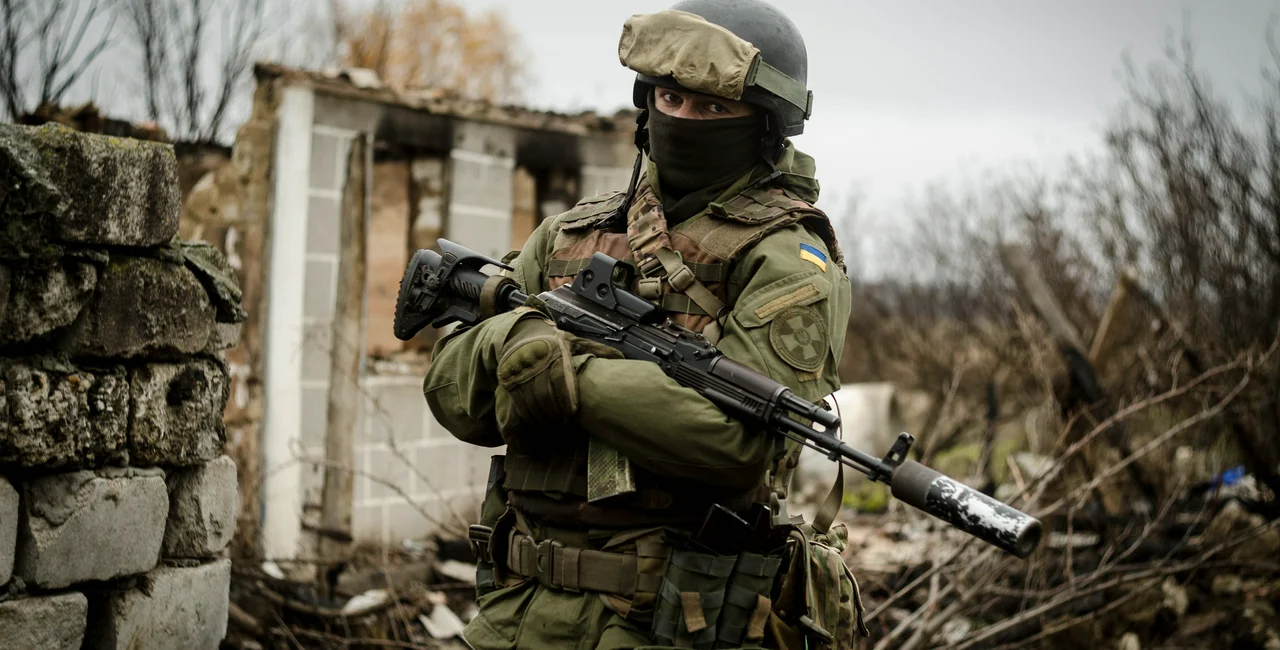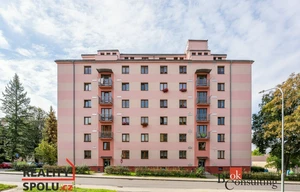Czech Chief of General Staff Karel Řehka confirmed yesterday that Ukrainian soldiers are already taking part in military training in the Czech Republic, iDnes reports. This comes amid a plan announced last month to bolster Czech-Ukrainian military cooperation; more Ukrainian soldiers are set to receive training in Czechia next year.
The aim of the operation “is to make Ukrainian forces capable of leading combat operations independently and defending their territory efficiently,” the military tweeted.
Na Libavé trénujeme ukrajinské vojáky. CÃlem je, aby ozbrojené sÃly Ukrajiny byly schopné samostatnÄ› vést bojové operace a efektivnÄ› bránily své územà a suverenitu. Je to celoevropské úsilà pod hlaviÄkou asistenÄnà mise EU. DÄ›láme to taky pro naÅ¡i obranu. #StandWithUkraine pic.twitter.com/siZpGzP45n
— Armáda ÄŒR (@ArmadaCR) December 4, 2022
For security reasons, the Ministry of Defense did not specify the exact number of Ukrainian soldiers currently in the country. However, Brno Daily reported in November the Defense Ministry’s plans to train up to 800 soldiers by the end of 2022.
By next year, 4,000 soldiers from Ukraine are expected to receive training in five, four-week training courses in the Czech Republic at the expense of the state, costing the country about CZK 1 billion. EU funds will partially cover the cost.
The Ukrainian soldiers are currently stationed in the Libavá military area in North Moravia; no plans have yet been officially announced to utilize other military areas, although this may happen next year.
Part of a wider EU mission
The move to train Ukrainian soldiers comes at the same time as the EU’s so-far optional assistance mission aimed at training Ukrainian military on EU member states’ territory. Germany and Poland are planned to be the main countries receiving Ukrainian soldiers, Seznam Zprávy reports.
"The training of Ukrainian soldiers is a huge experience for the [Czech] army. On the one hand, they will have fresh information directly from the battlefield, and they will also obtain information on the tactics and strategy of both Ukrainian soldiers and their opponents,” said Defense Minister Jana Černochová in iDnes.
Czechia will also have the chance to send 55 military personnel to other countries as part of the aforementioned EU assistance mission, helping train Ukrainian soldiers "in the command structures or as instructors," ČTK reports.
Around two dozen EU countries are reportedly also interested in training Ukrainian soldiers on their territory.
Some Czech politicians criticized the initiative
Czech lawmakers last week approved a bill that officially allowed the training of Ukrainian soldiers on Czech grounds. However, according to the head of the right-wing, antigovernmental Trikolora party Zuzana Majerová, Ukrainian soldiers had already been receiving training prior to the adoption of the law.
Libavá Mayor Štěpánka Tichá has refuted these claims, although also mentioned that the military training camp is technically outside the city's jurisdiction. For confidentiality reasons, the military has not disclosed the exact time when Ukrainian troops arrived to the Czech Republic.
Citing security concerns, member of the opposition Freedom and Direct Democracy party – which opposes the new training plan – Radovan Vích said last week that it is not in Czechia’s “interest to get involved in the conflict between Ukraine and Russia" and that his party "also do not want soldiers and units from Ukraine to be trained on our territory."
A November survey by the Kantar polling agency found that 53 percent of Czechs approved sending military aid to Ukraine. This is a drop from the 61 percent reported in the spring.
On the other hand, former Defense Minister Lubomír Metnar, currently in opposition, supports the training camp. Metnar said that it was "in the strategic interest of the Czech Republic to participate in ensuring international security.”
Since the start of the conflict in February, Ukraine has received almost CZK 50 billion of weapons and equipment from Czech companies, Euronews writes.












 Reading time: 3 minutes
Reading time: 3 minutes 































